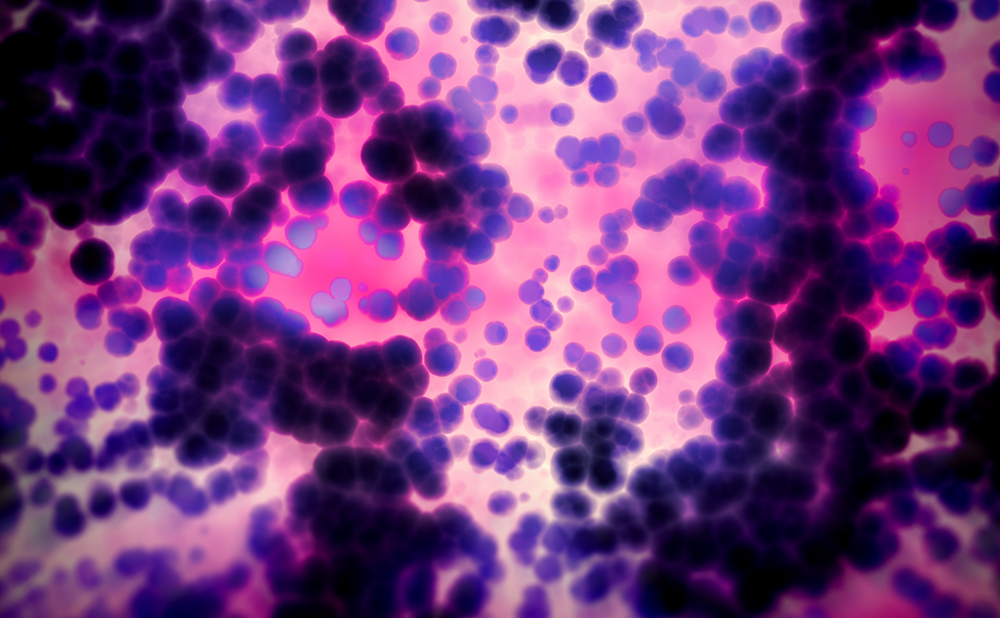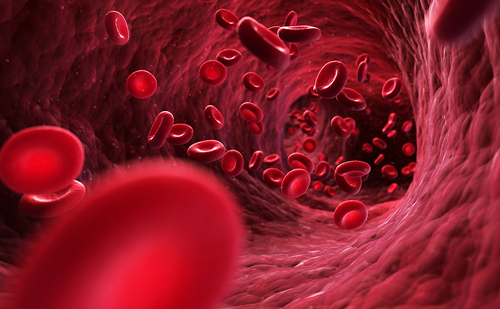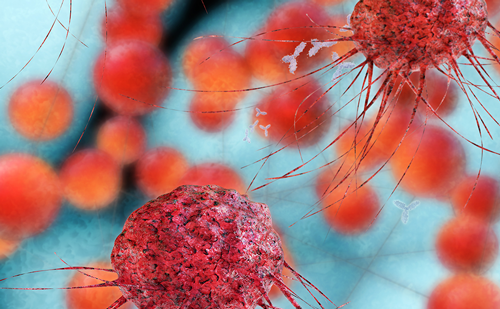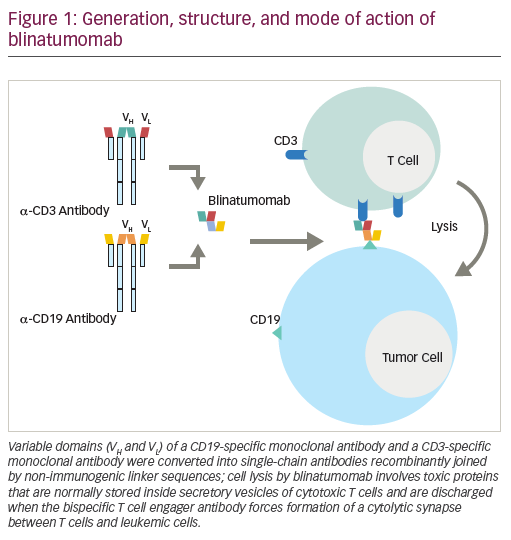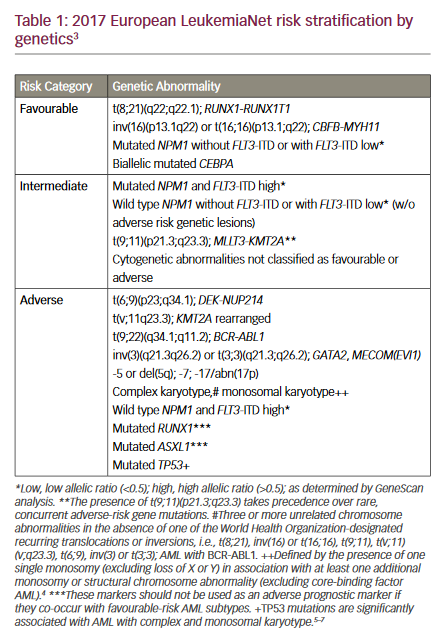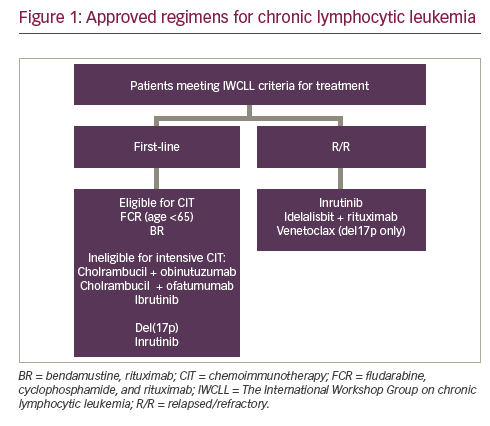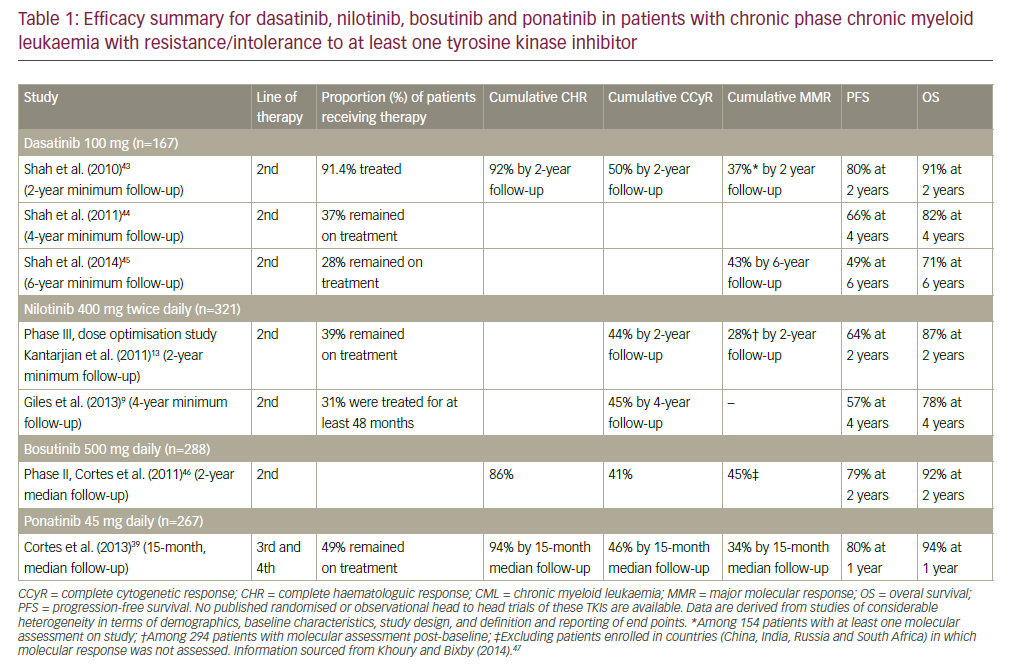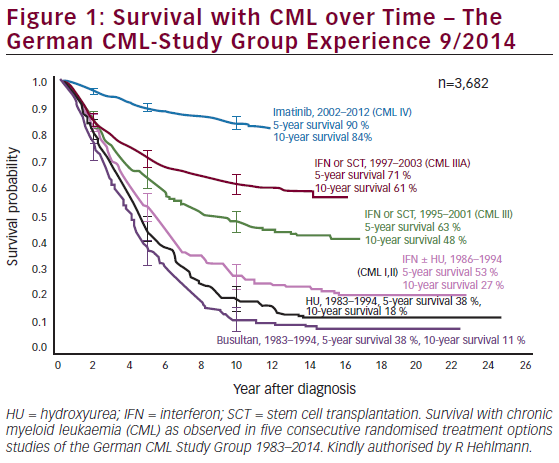Welcome to European Oncology Volume 5 Issue 1. European Oncology reviews salient topics and invites discussion focused on these issues. This edition has endeavoured to bring the reader pertinent information about current research and dynamic successes being experienced in the field of oncology. Articles have been chosen for their evaluation of current practices and research and the discussion of future directions and innovations that directly affect oncologists and other practitioners involved in the care of patients with cancer.
Of all the varied aspects of cancer, the care and wellbeing of patients is at the forefront of research into current and potential drugs and surgical treatment. This is reflected by the immense community of oncology practitioners who devote their time and energy into research and the implementation of improved practices aimed to better the palliative and supportive care of patients with neoplastic diseases. In this spirit, the ‘Supportive Oncology’ section discusses the management of breakthrough cancer pain and potential issues with anthracyclines such as extravasations leading to tissue necrosis. Anthracyclines are key drugs in many tumour types, even if their role is being challenged in breast cancer. They are a cause of rare cases of clinically significant cardiac failure, and of more frequent decreases in measurements of heart function such as left ventricular ejection fractions.
The following sections discuss a wide range of cancers, from head and neck cancers to haematological malignancies. Under the leadership of Gunter von Minckwitz, the German Breast Group (GBG) has provided a wonderful editorial discussing the group’s plans for improving and developing more specific breast cancer treatments by finding the answers to the biology of life-threatening disease. Cornelius Jan Hadde van de Velde, President of the European Society for Surgical Oncology (ESSO), discusses the significant improvements in the outcomes for rectal cancer patients and the guidance that ESSO’s international, multidisciplinary, outcome-based quality improvement programme will have on ensuring that these improved outcomes are made available to all rectal cancer patients across Europe.
In the ‘Paediatric Oncology’ section, Richard McNally reviews recent epidemiological literature on childhood cancer and concludes that, with the rising rates of incidence of cancer in children, including leukaemia and central nervous system (CNS) tumours, it is imperative that environmental agents and genetic predispositions that are of probable aetiology are investigated thoroughly in order that risk factors be removed.
Catherine Terret and Jean-Pierre Droz discuss oncogeriatry in the ‘Geriatric Oncology’ section. From the French experience in the field, the authors suggest that a formal co-operation between the International Society of Geriatric Oncology (SIOG) and the Elderly Task Force of the European Organisation on Research and Treatment of Cancer (EORTC-TFE) is needed to enhance the effectiveness of the oncogeriatric approach on a European level. Indeed, the EORTC is one of the leading clinical research organisations in Europe and SIOG brings together most geriatric oncology experts in the world. A major meeting among representatives of these groups and several other European co-operative groups and major centres with geriatric oncology programmes will be held 4 December 2009 in Brussels. Colleagues from North America will also attend, and one hopes that this encounter will lead to an acceleration in the clinical research efforts to optimise the care of elderly patients suffering from cancer.
European Oncology would like to thank everyone who contributed towards this successful edition. We would like to thank our contributors and reviewers for providing us with insightful and informative review articles. We would also like to thank all organisations and media partners for their ongoing support and the members of our editorial board for their continued involvement and advice. We trust that you will find this edition of European Oncology an enjoyable and informative read.


